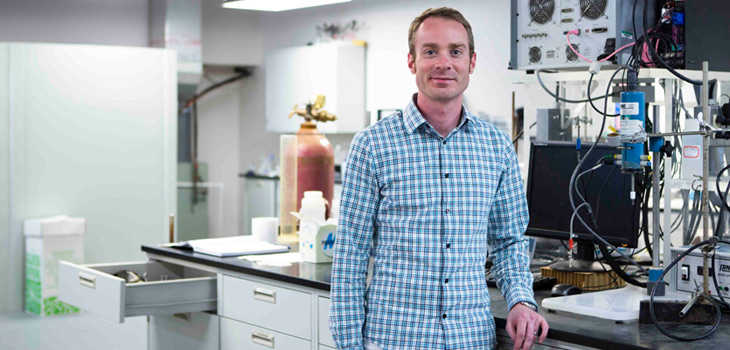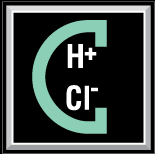 Water and energy are inextricably linked. The two have shared a long technological and symbolic connection, which has led to what researchers in the field call the energy/water nexus.
Water and energy are inextricably linked. The two have shared a long technological and symbolic connection, which has led to what researchers in the field call the energy/water nexus.
The energy/water nexus refers to the relationship between the water used for energy production and the energy consumed to extract, purify, and deliver water. During the PRiME 2016 meeting in October, researchers from across the globe gathered together for the Energy/Water Nexus: Power from Saline Solutions symposium to discuss emerging technologies and how the interplay between water and energy could affect society now and in the future.
“It’s very hard to say energy and not say water in the same sentence. They are completely interconnected systems,” says Andrew Herring, co-organizer of the symposium and Colorado School of Mines professor. “You cannot have clean water without energy, and to have clean water, you have to have energy.”
Some of the most common research topics in the water/energy nexus are water purification, desalination, and cooling efforts to create energy sources. However, there is another subcategory of this field that is overlooked but could play a vital role in the development of future technologies: blue energy.
Potential of blue energy
The concept of blue energy – otherwise known as osmotic power – was developed upon the realization that through electrochemistry, researchers can create a concentration cell with salt water on one side and fresh water on the other, which results in a novel way to power devices.



 Researchers from the University of California, Riverside recently combined photosynthesis and physics to make a key discovery that could lead to
Researchers from the University of California, Riverside recently combined photosynthesis and physics to make a key discovery that could lead to  By using mild electric current, a team of researchers from Washington State University has demonstrated the ability to beat drug-resistant bacterial infections – a technology with the potential to treat chronic wound infections.
By using mild electric current, a team of researchers from Washington State University has demonstrated the ability to beat drug-resistant bacterial infections – a technology with the potential to treat chronic wound infections. Three new Editors’ Choice articles have been published recently in the Journal of The Electrochemical Society (JES) and ECS Journal of Solid State Science and Technology (JSS).
Three new Editors’ Choice articles have been published recently in the Journal of The Electrochemical Society (JES) and ECS Journal of Solid State Science and Technology (JSS).
 The Corrosion Division is currently accepting nominations for the following two awards:
The Corrosion Division is currently accepting nominations for the following two awards: Herbert H. Uhlig Award
Herbert H. Uhlig Award American mining production
American mining production